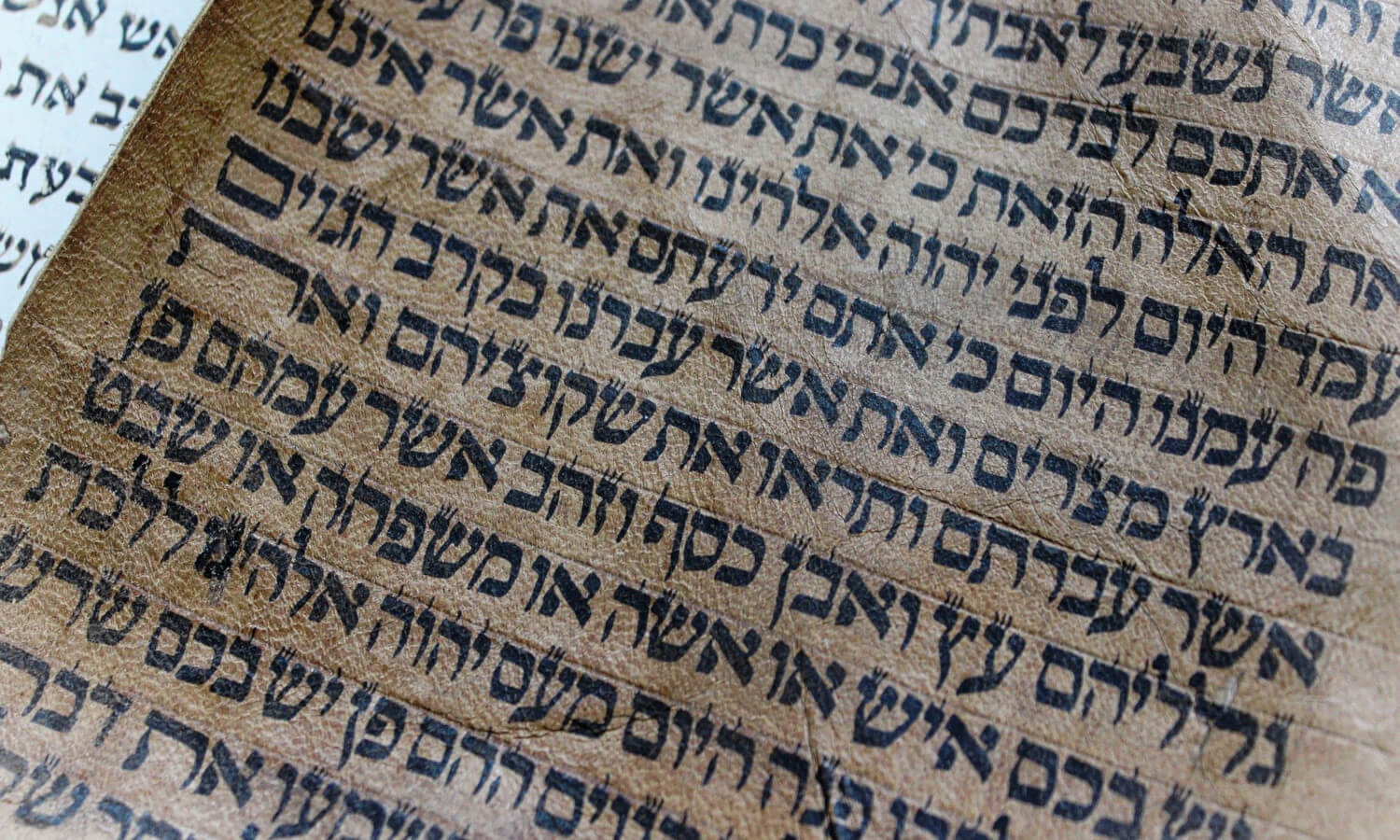
This time, we’ll look at the word ע϶לϴיוϹן, which is pronounced “elyon.” Its typical meaning as an adjective is highest, upper. The term “uppermost basket” (Genesis 40:17), “the upper gate of the house of the Lord” (2 Kings 15:35), or “the upper court” (Jeremiah 36:10) are a few examples of how it is used in reference to a location, such as “Upper Beth-horon” (Joshua 16:5).
The Hebrew Bible contains 53 instances of the word “elyon.” Nevertheless, the term serves an amazing purpose since, out of all the instances, “elyon” is used 31 times, and each time it has a certain connotation related to the Lord God: Most High, Exalted, Most Exalted. It’s interesting to note that references to God in “elyon” are limited to lyrical writings, primarily the Psalms. Thus, “elyon” might be considered a poetic word employed in poetry for the glory of God!
Honorary title and form of address
When the term “elyon” is used to God, it becomes a proper name, honorific title, designation, nomination, or mode of address: “elyon,” the Most-High and Most Exalted. According to Psalm 83:18 and Deuteronomy 32:8, the term “elyon” refers to the Lord as the Most-High God who resides in the highest, the God of heaven and earth, and the Exalted One who is enthroned above the entire cosmos. In the psalmist’s confession, “For You, O Lord, are ‘elyon’/Most High over all the earth; You are exalted far above all gods,” we also hear this acknowledgment of the Lord as the Most Exalted above and over everything and everyone (Psalm 97:9).
In Psalm 18:13, David portrays the Lord as the All-Powerful God who speaks up and demands recognition: “The Lord also thundered in the heavens, and the ‘elyon’/Most High uttered His voice, hailstones and coals of fire.”
“Elyon” is a divine term that believers might use to cry out in confidence. For example, Psalm 57:2 states, “I cry out to God ‘elyon’/Most High, to God Who fulfills His purpose for me.” “I will be glad and exult in You; I will sing praise to Your name, O ‘elyon’/Most High,” the poet sings with joy (Psalm 9:2).
It is also possible for us to offer our peace offerings and even make commitments to the Most Exalted One. As the Bible says, “Offer to God a sacrifice of thanksgiving, and perform your vows to ‘elyon’/ the Most-High,” we are to be obedient and fulfill our promises. (Psalm 50:14).
The Lord is not always recognized as the Most High
Sadly, people might stray from the Lord and He is not always acknowledged and confessed as the Exalted One. Humanity can [sin and revolt] against “elyon” or the Most-High, according to Psalm 78 (Psalm 78:17, 56).
Israel’s history demonstrates that there is always a path back via introspection and confession: according to Psalm 78:35, “they remembered that God was their rock, the ‘elyon’/Most High God their redeemer.” According to Psalm 107, “for they had rebelled against the words of God, and spurned the counsel of ‘elyon’/the Most-High,” disobedience to the Exalted One and rejection of his Word inevitably result in anguish and grief (Psalm 107:11).
However, those who reach out to the Most Exalted God in repentance are heard and saved: according to Psalm 107:13, “then they cried to the Lord in their trouble, and He delivered them from their distress.”
‘Elyon’ as an expression of God’s omnipotence and exaltation
“For the Lord, ‘elyon’/the Most-High, is to be feared, a great king over all the earth” (Psalm 47:2) is a description of God’s omnipotence and ultimate superiority, universality, omnipresence, sovereignty, royal rule, and majesty. Likewise, Psalm 46:4 speaks of “the holy habitation of the Most-High” and the majestic exaltation of the city of God.
The Lord is the “Most High God” who protects his own people, and even a king like Nebuchadnezzar had to admit this (Daniel 3:26; 4:2). The realization that “the Most-High rules the kingdom of men and gives it to whom He wills” (Daniel 4:32; see also Daniel 5:21) must eventually dawn on even the greatest people on earth.
Hiding with the Most High
When a Christian seeks and calls on God, “elyon,” the name of God, signifies safety, protection, stability, and certainty. God’s “elyon” is a safe haven for Israel and a sanctuary of refuge for all believers, allowing them to live as defenseless people “in the shelter of the Most-High” and find refuge in Him (Psalm 91:1,9). With “elyon” or the Exalted One, a little, timid, and modest individual may feel protected and concealed.
This is the basis for songs of gratitude and faith: Psalm 9:2 says, “I will rejoice and be glad in You; I will sing praise to Your name, O ‘elyon’/Most High.” According to Psalm 92:1, “It is good to give thanks to the Lord, to sing praises to Your name, O ‘elyon’/Most High.” “I will give to the Lord the thanks due to His righteousness, and I will sing praise to the name of the Lord, the ‘elyon’/Most High,” is a song we might sing to the Exalted One (Psalm 7:17).





